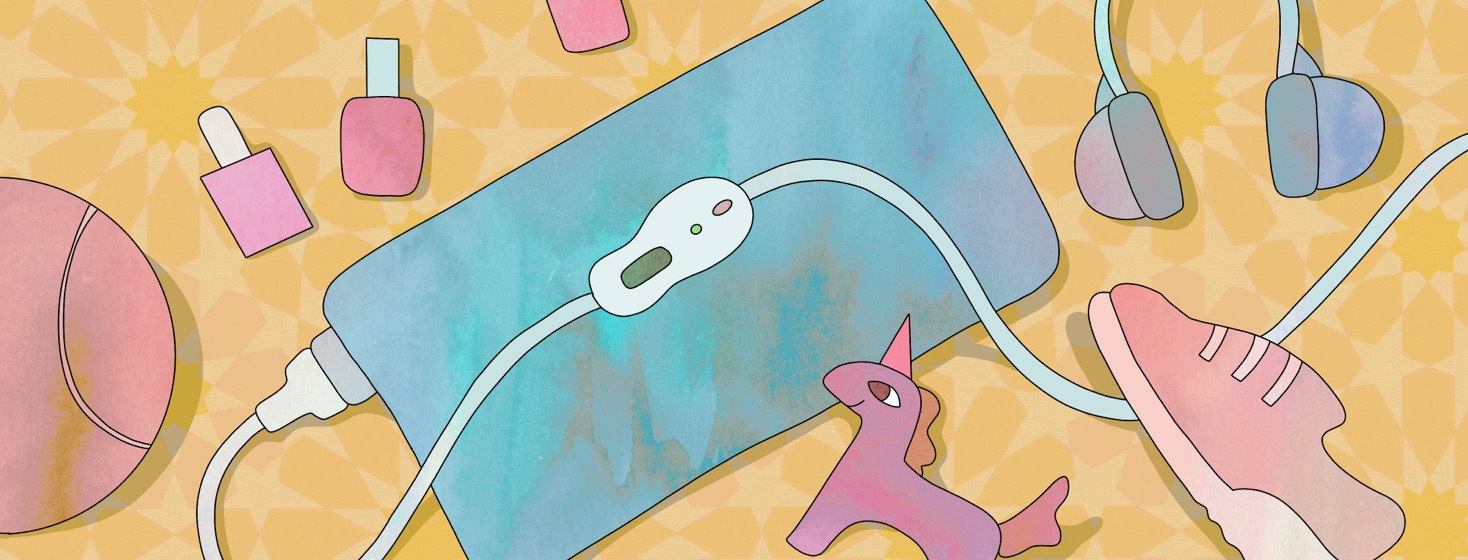Yes, Endometriosis Can Happen to Young People
My first period was not the regular experience most people with working ovaries tend to share when asked “How was it for you?”. In all fairness, it began like all first periods do: by being awkward.
I called my mother to join me in the bathroom, and she gave me a pad. It felt so thick, and such a foreign thing to wear, like holding a tiny mattress between my thighs.
I reluctantly joined the rest of my family in the living room, and that was it.
First period horrors
The following day, at a family wedding, I bled through my pad, ruining my clothes. The day after that, my mother found me in the bathroom standing over a huge puddle of blood.
I was rushed to the hospital.
The diagnosis I got was a casual “Just a bad first period.” Yet, throughout my teens, whenever I bled I did so in insurmountable levels of pain and lost so much blood, I was constantly anemic.
My parents never took me to see a doctor, even when my mother noted how my suffering didn’t seem normal.
When I was old enough to pay for private consultations I spent a further 15 years being told it was everything under the sun, except endometriosis. Yet now, my current doctor believes that the first period was the first visible sign of endometriosis.
Why wasn't I diagnosed sooner?
Endometriosis is full of myths. Just as babies are no cure for endometriosis, this disease does not care if you’re “only thirteen”.
If you're in your teens and suffering from extremely painful periods, please know this is not normal.
An average period should feel uncomfortable, but not render anyone bed-bound. Fainting, heavy nausea and severe blood loss are also not ok.
In fact, there is no such thing as a bad period. There are conditions that result in very painful, heavy periods, but the term “bad period” is not a diagnosis and no young person should accept it as such.
What can you do if you're a young person experiencing symptoms?
Until you have a clear diagnosis, talk to your doctor about effective pain management. There are a myriad of pain killers, and pain management solutions that can do a world of good.
The next thing to do is to fight for a diagnosis. Log all of your symptoms, especially your pain levels, and ask your GP to refer you to a gynecologist.
Chronic fatigue is an endometriosis symptom that is often ignored. Record your bouts of low energy, and see if they could be linked to the amount of blood you're losing monthly, or whether they happen at random.
At age fourteen, I constantly fainted and was unable to keep up with the rest of my classmates.
Bring support to doctor consults
As a woman, I’ve been told to "calm down" more times than I’d care to remember. Doctors have sometimes not been receptive to my frustrations, and talking without getting emotional about our own health is a mammoth task.
Having someone with you during doctor consultations is a great form of support. They can speak up for you if you become upset.
I did this with my best friend during a particularly trying doctor consultation, and together we got the message across and managed to make it all work to suit my needs.
You may have endometriosis or you may not
Yet just because you're young, it does not mean it is impossible for you to have this disease. I wish I had been diagnosed sooner.
Had I known what was going on with my insides, I would have been able to hold on to jobs I loved, and lifestyle choices that made me happy.
You are your best advocate, and being young does not make your voice invalid. It just means you may have to say it louder.
Nobody regrets being loud when fighting for their own health, and that's what endo warriors are guaranteed to do.

Join the conversation